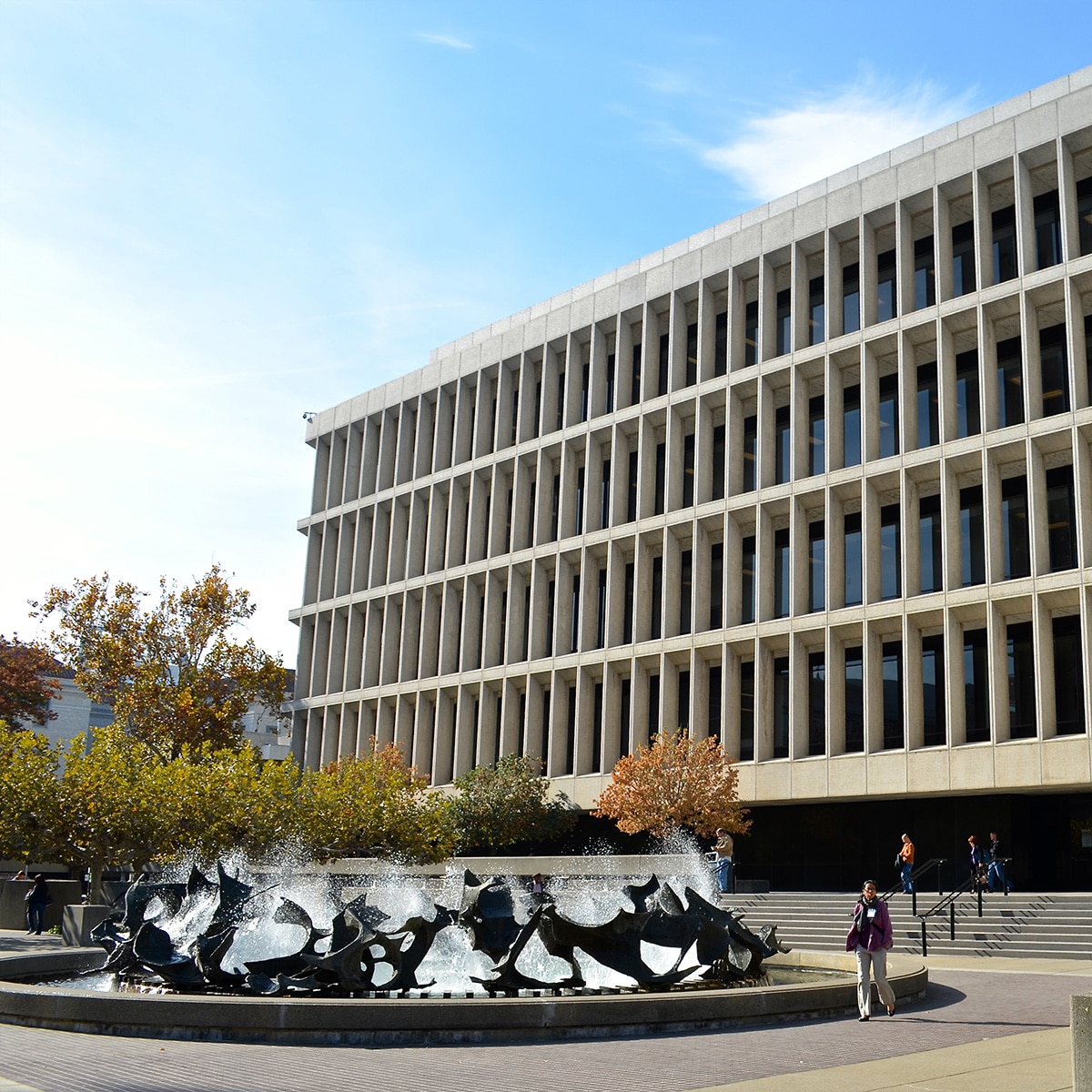
 By Silverio Rizo Llamas and Sophia Barberini
By Silverio Rizo Llamas and Sophia Barberini
SACRAMENTO – Judge Kevin J. McCormick, at a preliminary hearing this week in Sacramento County Superior Court, refused to reduce a felony charge to a misdemeanor for a driver allegedly driving approximately 40 miles over the speed limit because of a claimed medical emergency.
Navikesh Naidu was charged with a felony for speeding and failing to yield to a police officer in May. Naidu claimed to have been suffering from a medical emergency, but emergency personnel that responded to the scene cleared Naidu.
Officers spotted a vehicle traveling southbound on Highway 99 at a “high rate of speed,” estimating that the car was going more than 100 mph in a 65 miles-per-hour zone, noting the driver “narrowly missed several vehicles” while making lane changes.
After catching up to the vehicle, officers said they conducted a “bumper pace” for approximately one mile that they say showed a speedometer reading of “110 mph,” though they never used a radar gun.
 The driver allegedly did not yield in a traffic stop, and an officer testified they had to abandon the chase briefly because of construction on the highway. However, they found the target car, they said, and were able to stop it.
The driver allegedly did not yield in a traffic stop, and an officer testified they had to abandon the chase briefly because of construction on the highway. However, they found the target car, they said, and were able to stop it.
Naidu claimed to be speeding because he was having an allergic reaction and was thus rushing to “urgent care.” Medical personnel arrived at the scene and cleared Naidu for transport, asserting that he appeared to be healthy.
When Naidu was transported to the jail, however, he told officers “he was feeling various effects, including cramping and spinning and that he was driving fast because if he didn’t he would black out.”
Assistant Public Defender Mirayla Freshwater had trouble understanding why officers waited through a one mile “bumper pace” to turn on his lights and sirens. Further, she emphasized that the entire traffic stop spanned approximately one mile with a break in between.
PD Freshwater reminded the court that “when deciding whether to charge (a wobbler) as a misdemeanor or a felony it is appropriate to consider the seriousness of the conduct” and “the circumstances that the defendant is in.”
PD Freshwater argued she does not believe that the seriousness of the conduct rose to a felony level, because the offense took place on the freeway, where speeds are higher and where there are fewer chances of causing an accident.
Additionally she noted that it took place at night, when traffic is light, and emphasized that the defendant was only driving quickly due to a medical emergency.
Moreover, she highlighted the stability in Naidu’s life, stating, “He has no criminal record whatsoever, not even other arrests. He is a high school graduate… He has had a steady full time job at Amazon.
“Given his lack of a criminal record and the lack of aggravating factors in this case, I believe a reduction to a misdemeanor is appropriate here,” argued PD Freshwater.
Deputy District Attorney Anthony Pane, however, disagreed, asserting that “the conduct here should not be overlooked.” He also claimed that there was evidence that the defendant was not suffering from an allergic reaction.
“[Naidu] said he had an allergic reaction. He was medically cleared by the fire department. Somebody asked if he had an EpiPen. The defendant responded, ‘What’s that?’” remarked DDA Pane.
Because of the defendant’s questionable medical state and the duration it took for him to yield to police officers, DDA Pane asserted that the charge should remain a felony.
Judge McCormick, despite noting that the court shared “some of the concerns that Ms. Freshwater has expressed, in terms of a lack of prior history, (and) things of that nature,” ultimately let the case “proceed as a felony.”
Naidu will stand trial on Dec. 6.






